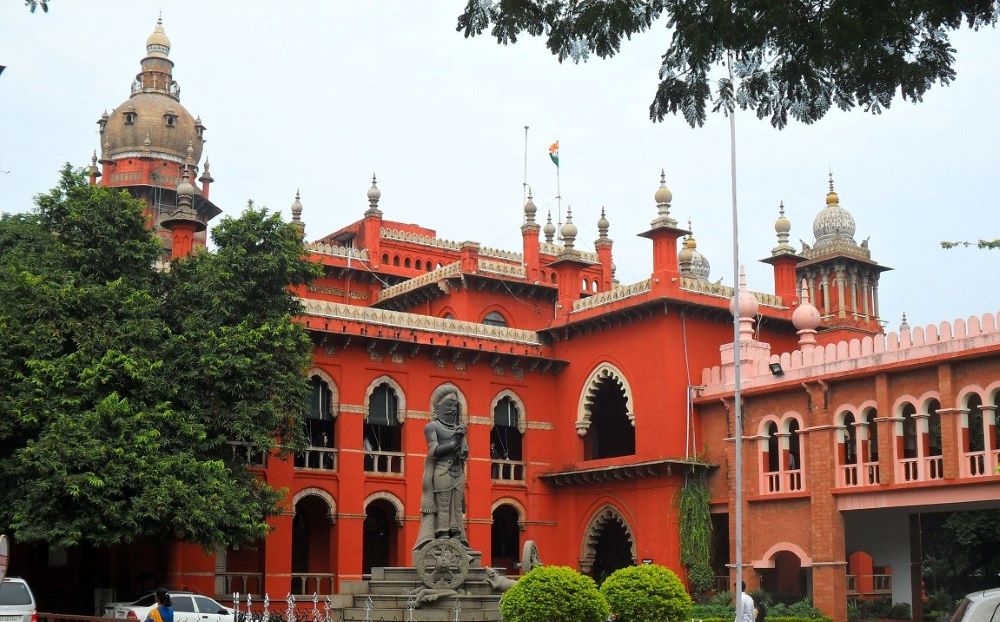Snehal Upadhyay-
The Constitutional Bench of the High Court of Madras, by settling conflicting opinions held that a Session Court Order of denying bail to an accused under the Unlawful Activities(Prevention) Act 1967 (UAPA) can be challenged only by way of an appeal under Section 21 of the National Investigation Agency (NIA) Act.
The Court stated that such an appeal can only be heard by a division bench of the High Court and any application filed under Section 439 or Section 397 of the Criminal Procedure Code will not be considered maintainable against the rejection of bail by the Sessions Court in a UAPA case, the Court clarified.
A Constitutional bench comprising of Justices P N Prakash, V Sivagnam, RN Manjula said that “An order passed by a Court of Session dismissing a bail application in a case involving offence(s) under the Unlawful Activities (Prevention) Act, 1967, must be challenged only by way of an appeal under Section 21 of the National Investigation Agency Act, 2008”.
Also Read: NIA Court clears charges framed under UAPA against MLA Akhil Gogoi
“Consequently, such an appeal would lie only before a Division Bench vide Section 21(2) of the National Investigation Agency Act, 2008. The decision of the Division Bench of this Court in A. Raja Mohammed (supra) and that of a learned-single Judge in Abdulla (supra) to the contrary, will stand overruled”.
The Court also made a reference made by Single Bench of Justice AD Jagadish Chandira taking a note of conflict between two judgements related to the applicability of the NIA Act to a UAPA case.
The Bench, while deciding the case, referred to the precedents laid down by the Apex Court in the case Bikramjit Singh vs State of Punjab and Patna High Court’s judgement in the case of Bahadur Kora & Ors. v. State of Bihar
“The decision of the Supreme Court in BikramjitSingh (supra) holds the field today and, we trust and hope that these issues would be looked at by the relevant stakeholders with the seriousness that they deserve”, The Bench said in the judgment.

